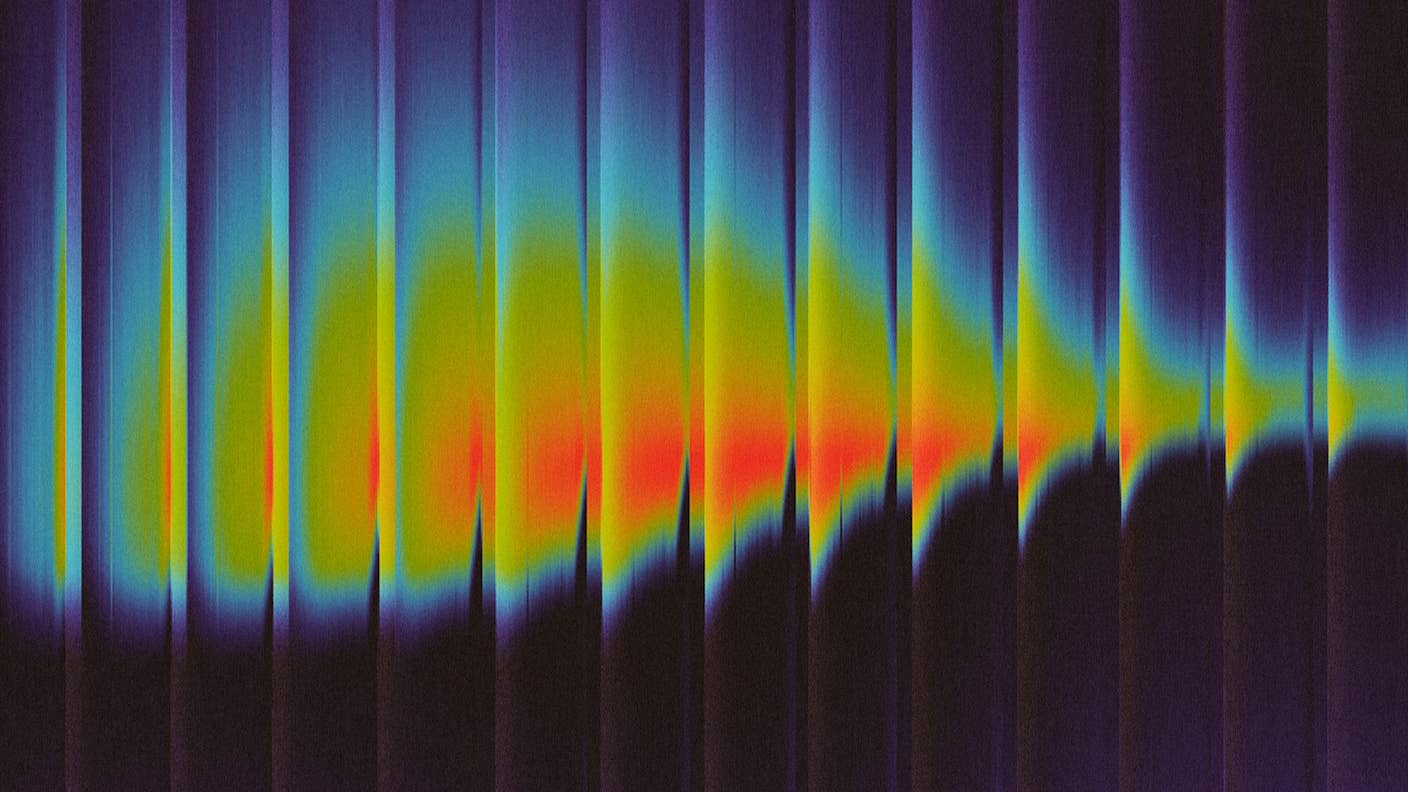Four Great Science Fiction Authors Weigh In on the Singularity (video)

Share
Let's face it. Most what we think we know about the Universe may come from science, but most of what we think we know about the future comes from science fiction. So it only makes sense that the New England Science Fiction Association's annual convention, Boskone, featured a great panel of scifi writers discussing our favorite topic: where the exponential growth in technology is leading us, AKA, the Singularity. On hand was Alastair Reynolds, scientist and author of the Revelation Space series , Vernor Vinge mathematician, computer scientist, and author of A Fire Upon the Deep, Charles Stross, author of Accelerando, and Karl Schroeder, co-author of The Complete Idiot's Guide To Writing Science Fiction. The panelists sought to not only explain how the concept of accelerating technologies has affected their work, but also to take a stab at what might actually happen in our real future. It's a lot of fun to watch people who spend their lives describe the far flung future scramble to try to understand the next few decades. Hilarity and insight abounds. A video of the panel in its entirety is below courtesy of Michael Johnson, jump past 3:00 if you want to skip much of the preamble.
Considering the impressive credentials of the panel it was no surprise that the discussion touched upon the same themes often espoused by professional futurists like Ray Kurzweil and James Canton. Panelists discuss the nature of intelligence, how to possible define the Singularity, the dangers of catastrophic uses of technology, and how humanity will continue to grow. Those are themes that are as much rooted in hard science as they are creative fiction. Events like this one always make me wonder how accurate our predictions about the future are, and what difference do those predictions actually make? The very concept of the Singularity is based on the belief that at some point we can't even conceive of what the future will be like. If technologies continue to accelerate in the years ahead then science fiction is likely to seem tame by comparison.
Many thanks to M. Johnson for the video, but the sound quality is a little poor. You'll need to turn up your volume to hear everyone. Questions start at 33:55. Enjoy!
Be Part of the Future
Sign up to receive top stories about groundbreaking technologies and visionary thinkers from SingularityHub.


[screen capture and video credits: Michael Johnson]
[sources: NESFA, BOSKONE 47]
Related Articles

Sci-Fi Cloaking Technology Takes a Step Closer to Reality With Synthetic Skin Like an Octopus

This Week’s Awesome Tech Stories From Around the Web (Through January 10)

What If We’re All Martians? The Intriguing Idea That Life on Earth Began on the Red Planet
What we’re reading
